Americans read all about the horrible fighting in the Great War in 1914.
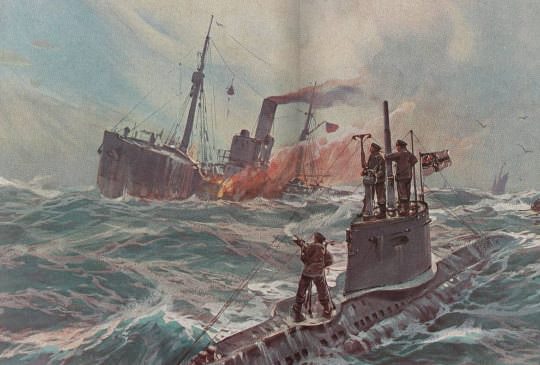
Their location safely on the other side of the Atlantic Ocean, however, allowed them to keep their distance from Europe’s problems.
Although most Americans wanted to stay out of Europe’s war, the United States was emerging as a world power in the 1900s by involving itself in the affairs of its neighbors in the Western Hemisphere. It had started to influence politics and protect U.S. business interests in nearby Central America, sending in troops when necessary.
But in April 1915, President Woodrow Wilson said, “Our whole duty, for the present at any rate, is summed up in this motto: ‘America first.’” The United States officially refused to take sides in the war. But many Americans favored one side or the other. And American businesses continued to sell and ship much-needed products to their prewar friends, Britain and France.
Early in the war, the Germans had introduced a frightening new weapon. They called it an Unterseeboot (“undersea boat,” shortened to “U-boat” and also known as a “submarine”). At first, U-boats targeted British navy ships, since Great Britain had set up a naval blockade to limit Germany’s access to food and supplies. Then Germany announced in 1915 that it would start attacking merchant ships that entered its war zone. Merchant ships carried both passengers and cargo.
This story is from the May/June 2017 edition of Cobblestone American History Magazine for Kids.
Start your 7-day Magzter GOLD free trial to access thousands of curated premium stories, and 9,000+ magazines and newspapers.
Already a subscriber ? Sign In
This story is from the May/June 2017 edition of Cobblestone American History Magazine for Kids.
Start your 7-day Magzter GOLD free trial to access thousands of curated premium stories, and 9,000+ magazines and newspapers.
Already a subscriber? Sign In
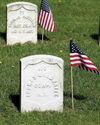
Putting the Pieces Together
Americans needed to begin to put the past behind them, come together, and plan for the future in the spring of 1865. But Abraham Lincoln, the man best equipped to lead them and who had hoped to restore the country as smoothly and peacefully as possible, had been assassinated.

LAST SHOTS
The last Confederate forces in the Civil War didn’t surrender in the spring of 1865 or on a battlefield.
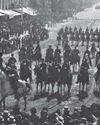
AND IN OTHER 1865 NEWS
A group of African Americans stop at the White House’s annual public reception on January 1, where they shake hands with President Abraham Lincoln.
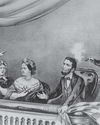
A Plot to Kill President the
For several months, actor John Wilkes Booth’s band of conspirators had plotted to capture President Abraham Lincoln and hold him hostage in exchange for Confederate prisoners.
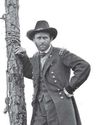
Let the Thing Be Pressed
In June 1864, Union Lieutenant General Ulysses S. Grant began a nearly 10-month campaign in Virginia.
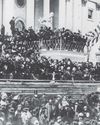
HEALING THE NATION
President Abraham Lincoln took the oath of office for the second time on March 4, 1865.

A Helping Hand
The spring season is hard in any agricultural society. Plants and animals are too small to eat.
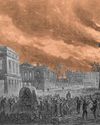
WAR SHERMAN-STYLE
As far as Union Major General William T. Sherman was concerned, the Civil War had gone on long enough.

PEACE TALKS
The fall of Fort Fisher made clear that the Confederacy’s days were numbered. Southerners were tired and hungry.
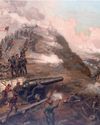
FORT FISHER'S FALL
Outnumbered Confederate soldiers inside Fort Fisher were unable to withstand the approach of Union troops by land and the constant Union naval bombardment from the sea.